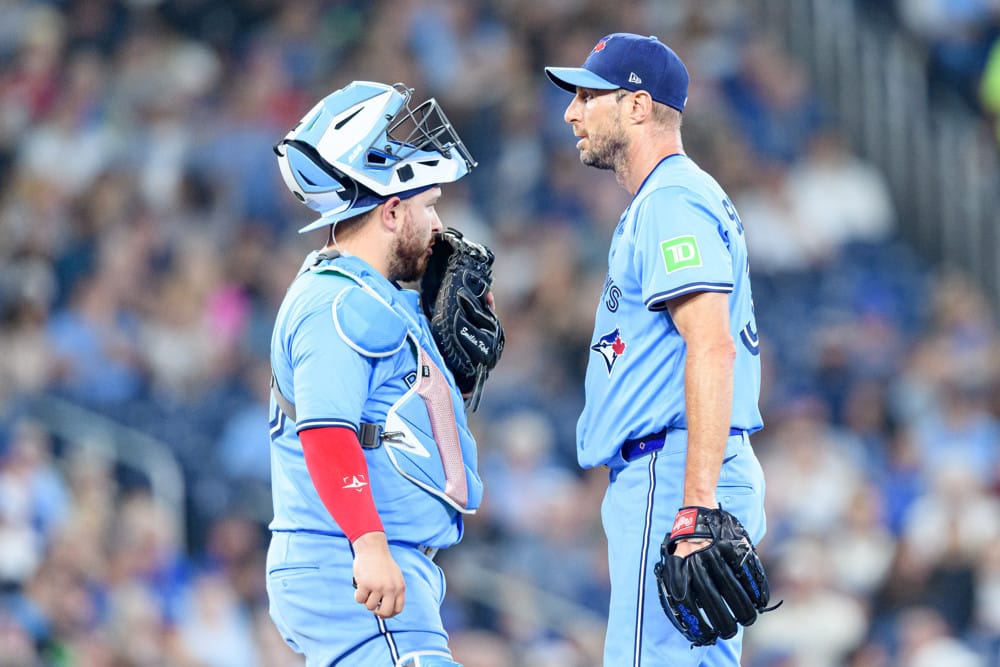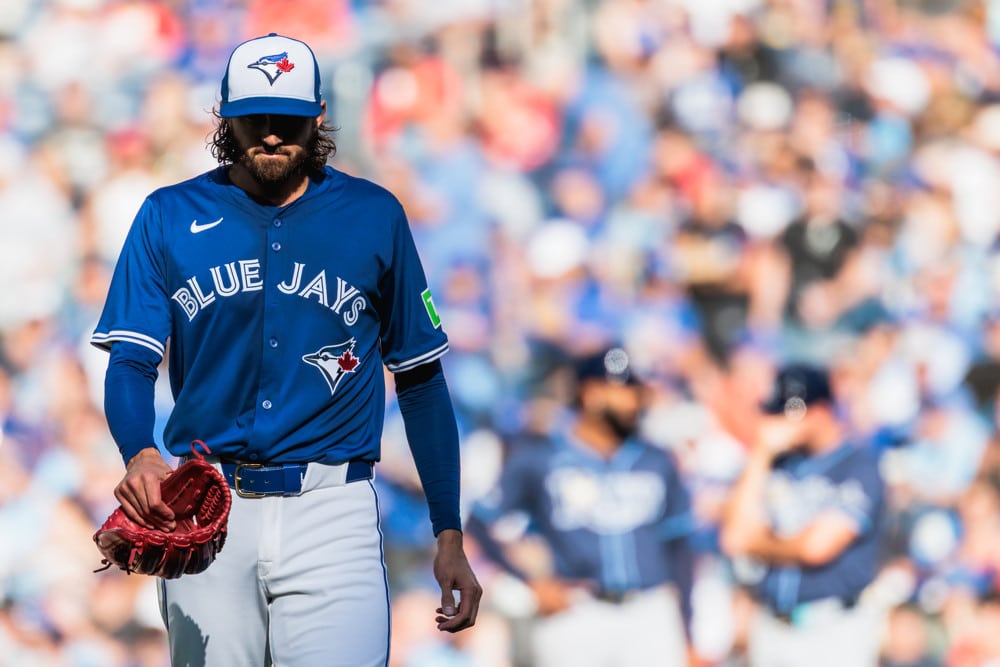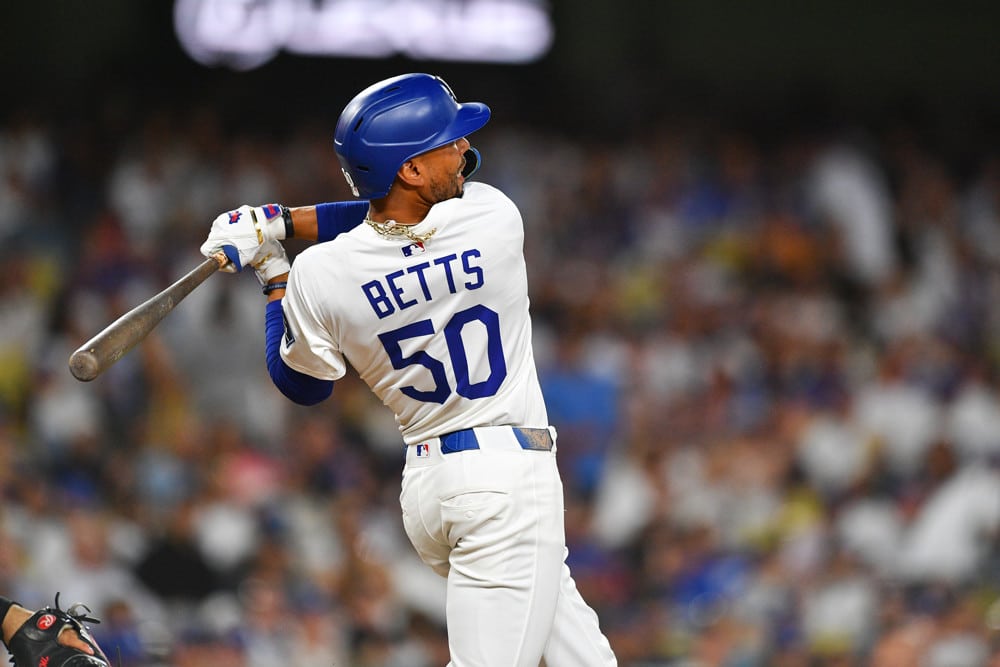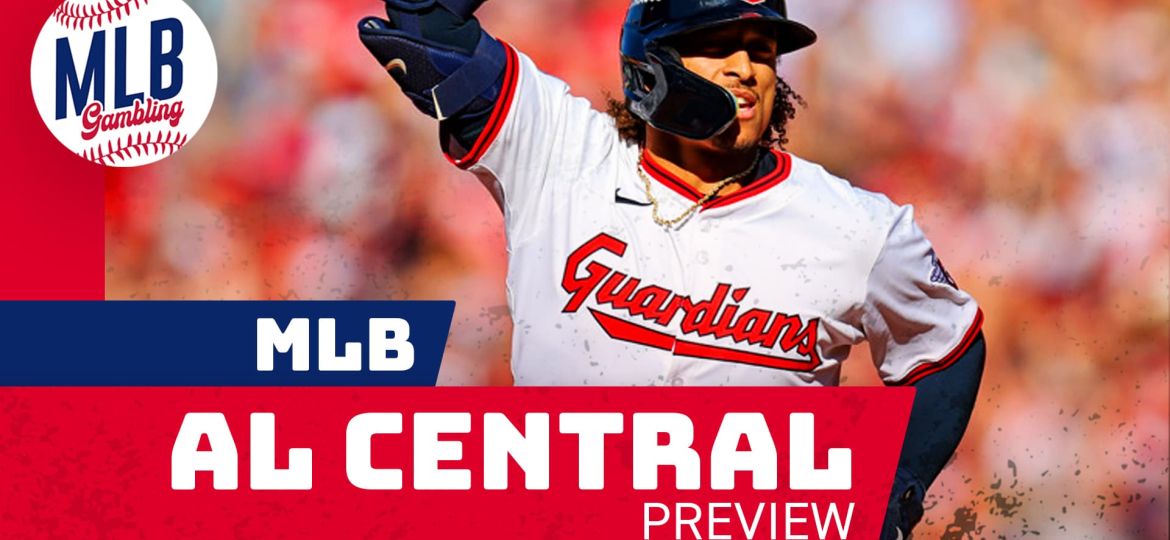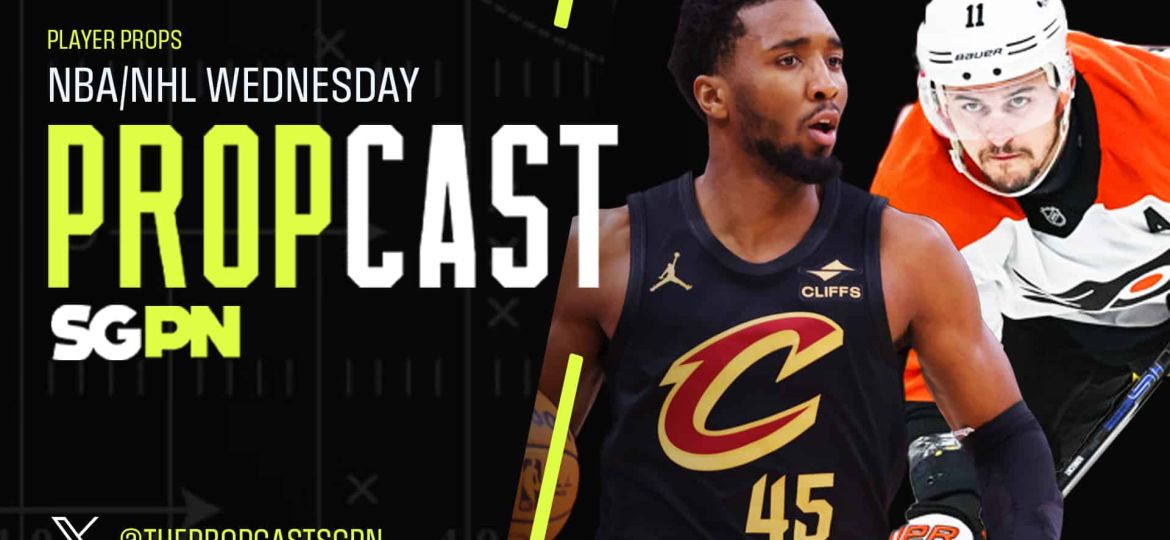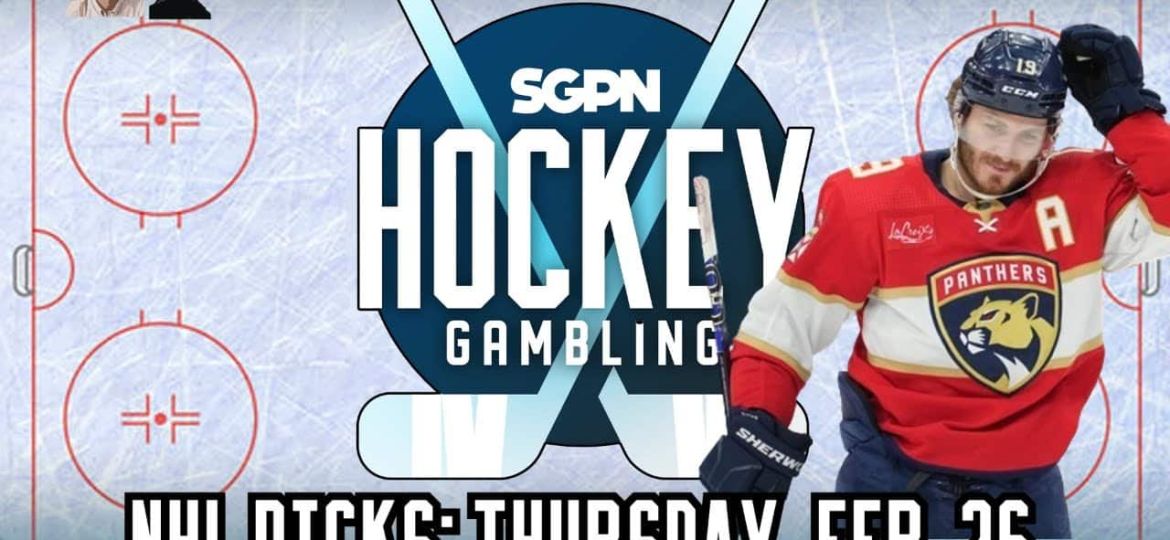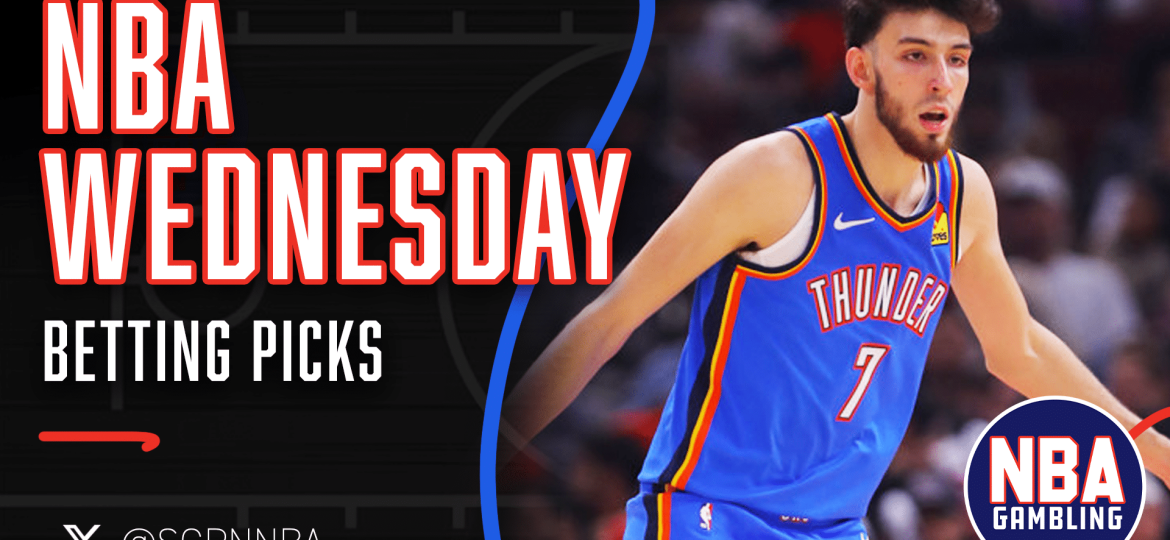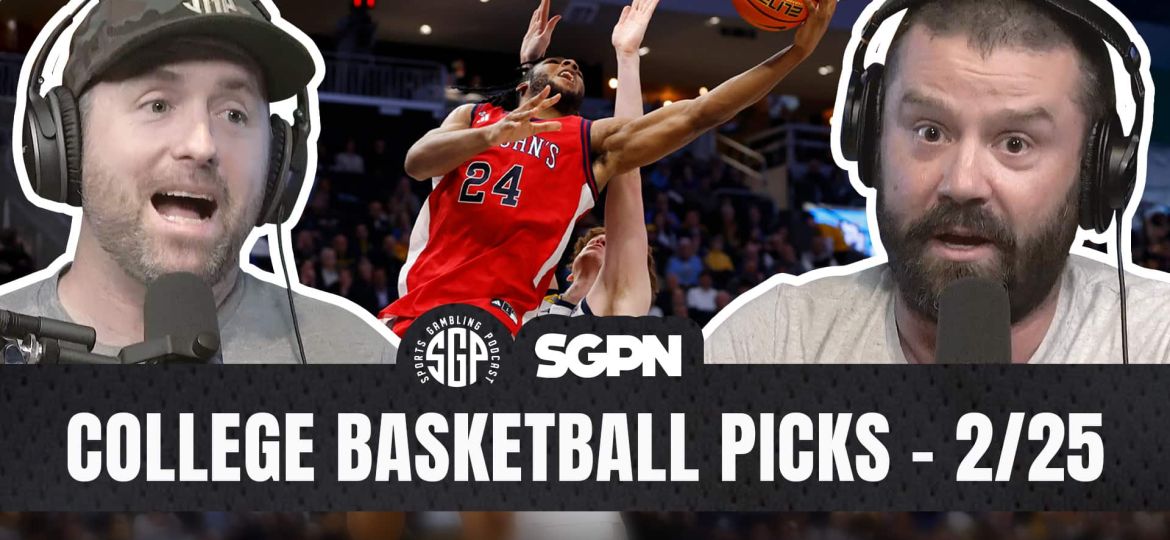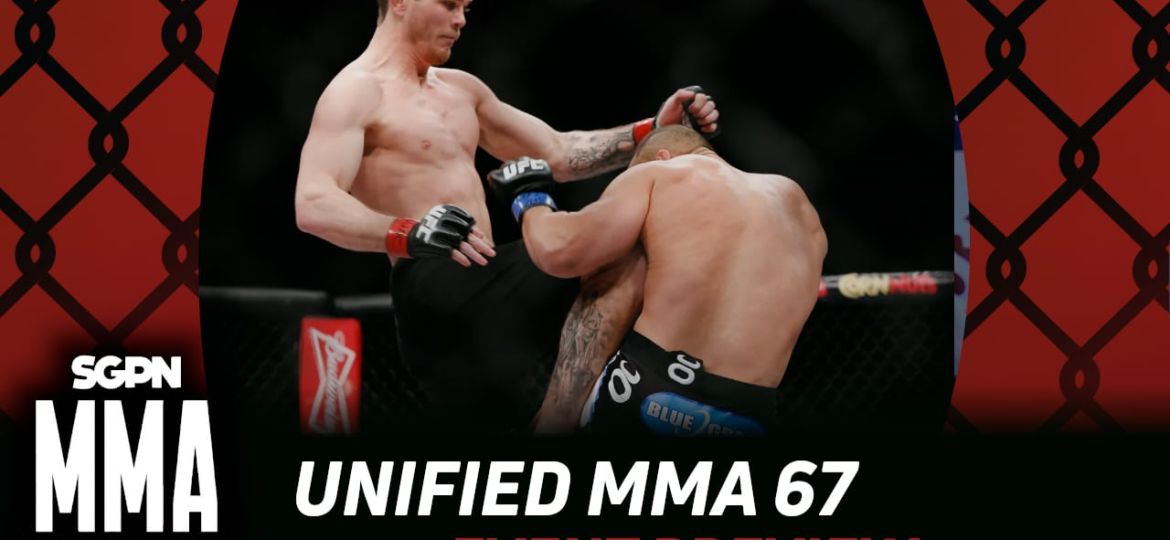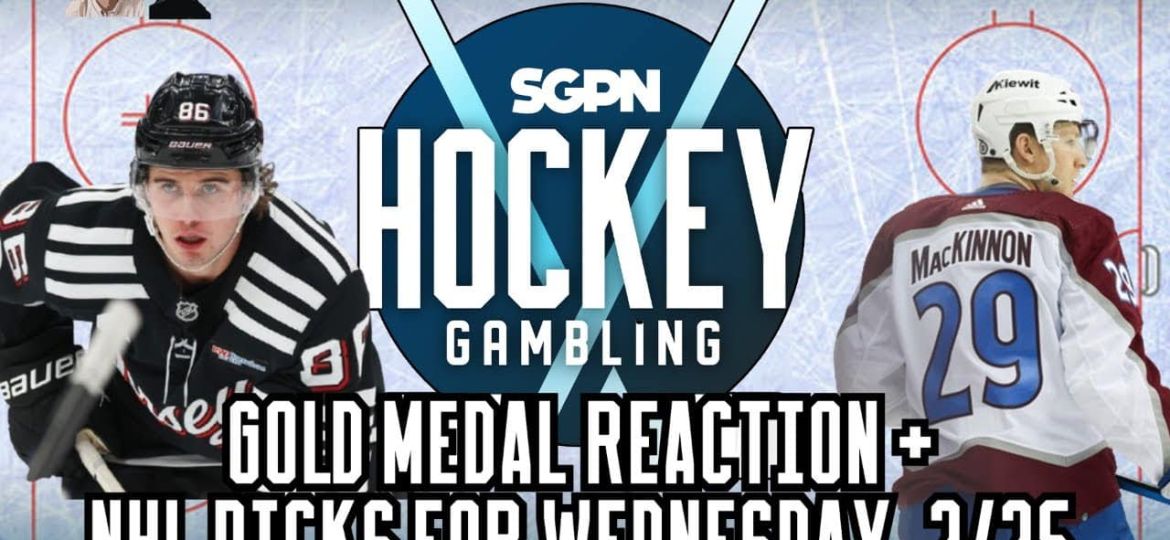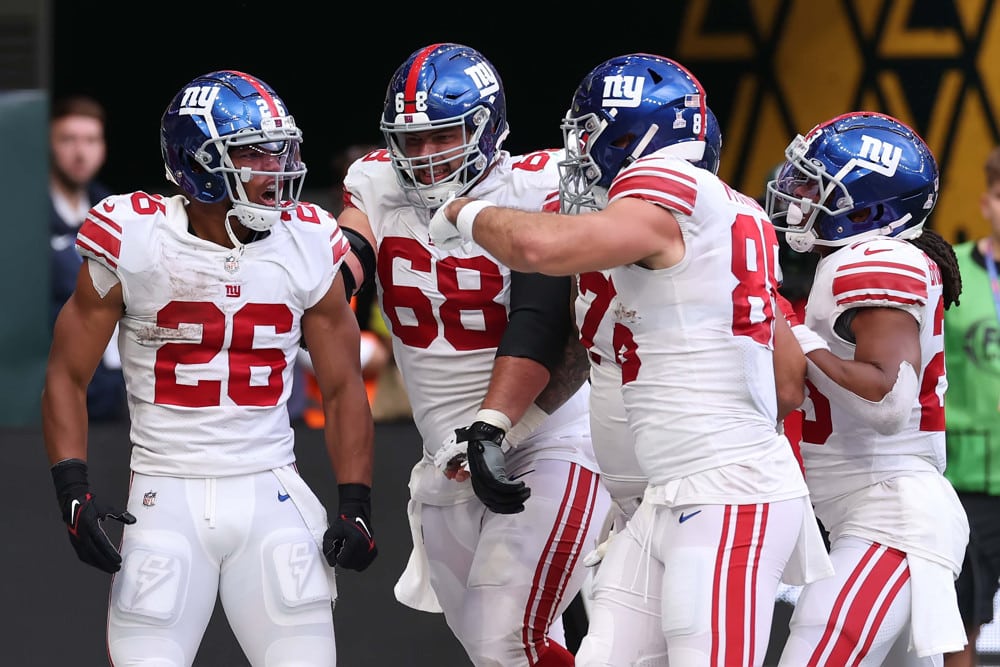
While sports gambling is universally thrilling, the slang is not always universal. Punters of London and bettors of Las Vegas may be placing wagers on the same Premier League clash, but the slang can make it sound like the two are speaking different languages.
Somewhat interesting is the fact that many elements distinguish the gambling culture, so sometimes fans on either side of the Atlantic exchange confused glances over each other’s jargon.
The language quirks matter just as much as reading the odds, especially with the rise of online platforms where betting with NetBet Sport and similar sportsbooks makes wagering accessible worldwide.
Same Game, Different Words
Although the mechanics of betting remain consistent (placing stakes, reading odds, and chasing returns), the jargon varies widely between the U.S. and the UK.
This is rooted in history: British bookmakers have been around for centuries, with slang developing organically in pubs, racecourses, and high-street shops. Meanwhile, American betting culture grew alongside major sports like football, basketball, and baseball, creating its own colorful phrases.
American Betting Slang You Won’t Hear in the UK
“The Spread”
Spread betting in the U.S. is pretty much considered second nature. Whether it is going to be an NFL Sunday or if it is going to be March Madness, always handicapping the favorite with a points spread is how people in America generally bet.
Should one say “spread” in the UK, it will probably evoke thoughts of sandwiches before it will of sport. British bettors tend to stay away from “spread” and more towards fractional odds or outright win options, unlike their U.S. counterparts.
“Juice” or “Vig”
Every American sportsbook will talk about “the juice or the vig,” or the commission built into the odds. This shorthand is understood so well by native U.S. gamblers that they barely need to say it. It is almost nonexistent in the U.K.-voice; that is to say, the concept is understood, with most punters accepting the bookmaker’s cut without giving it some cute name.
“Parlay”
Few things capture the essence of American betting quite like the parlay. This wager, which links several bets into a single slip for the chance at a bigger payout, is hugely popular in the U.S. Cross the Atlantic, however, and the terminology shifts.
In the UK, the same concept is known as an “accumulator” or simply an “acca.” The bet itself is identical, but the slang is not: drop the word “parlay” in a London bookmaker’s shop and you’ll likely earn a few puzzled stares.
“Teaser”
Closely related to the parlay is the “teaser,” another staple of the U.S. market. A teaser allows bettors to adjust point spreads in their favor, though the trade-off is a smaller return. This variation is almost unheard of in the UK, where players lean instead toward multiples or system bets. In essence, the teaser is a uniquely American twist that hasn’t crossed into British betting culture.
UK Betting Slang That Leaves Americans Scratching Their Heads
“Acca”
As mentioned earlier, the American parlay is called an accumulator in the UK, affectionately shortened to “acca.” This abbreviation has become a fixture of football betting across Britain, especially on weekends when coupon bets are popular. Many U.S. fans only come across the term when following British pundits or tipsters online.
“Punt” and “Punter”
In British slang, to “punt” is simply to place a wager, and a “punter” is anyone who bets. In America, though, this creates confusion. The term “punter” is mainly associated with American football, where it describes the player responsible for kicking the ball away on fourth down.
“Evens”
In the UK, fractional odds dominate, and “evens” is a quick way of saying even money (1/1). This shorthand, however, doesn’t translate well across the Atlantic. American bettors, accustomed to moneyline odds, often don’t immediately realize that “evens” means your winnings equal your stake.
“Nap”
Among British horse racing fans and tipsters, a “nap” refers to the day’s strongest pick: the best bet on the card. It’s an old-fashioned term still respected among regular punters. For many Americans, though, “nap” sounds more like a mid-afternoon snooze than a confident wager.
Why Slang Matters
Betting slang is more than quirky language; it reflects the culture from which it emerged. In the U.S., expressions were shaped by the atmosphere of casinos, sportsbooks, and sports bars: fast-paced environments where clarity and flair blended. In the UK, much of the jargon has its roots in racecourses and the high street, colored by tradition and a touch of working-class humor. Each set of terms tells its own story about how betting became woven into everyday life.
This vocabulary is also practical. Knowing that “acca” means parlay, or that a “teaser” isn’t a tip but a betting format, helps fans navigate international sports media. Without this shared understanding, vital context can easily be missed when reading analysis or following foreign betting discussions.
The Globalization of Betting Language
With the rapid rise of global sportsbooks and digital communities, the linguistic gap is gradually shrinking. UK punters are increasingly familiar with terms like “moneyline,” while U.S. bettors now recognize “acca” thanks to football’s global reach. Slowly but surely, a hybrid vocabulary is forming, though each country proudly holds onto its linguistic quirks.
International platforms and cross-border fan interaction mean today’s bettor is more exposed to unfamiliar slang than ever before. While it may be unlikely that American gamblers will casually adopt “nap” anytime soon, they are far more likely to understand its meaning now than they were ten years ago.
Conclusion
Although it might seem like nothing more than playful jargon, betting slang carries genuine cultural significance. It shapes the way supporters talk about their wagers, reinforces a sense of belonging within betting circles, and even influences how fans interpret the games they follow.
The contrast between American and British expressions shows that a common passion for sport can still be voiced through distinct, culturally shaped languages.
As sports gambling continues to expand on a global scale, we can expect more overlap, more borrowed terms, and perhaps entirely new phrases created from this blending of traditions. It is this constant evolution that keeps betting culture vibrant: ever adapting alongside its players, its language, and the sport itself.


